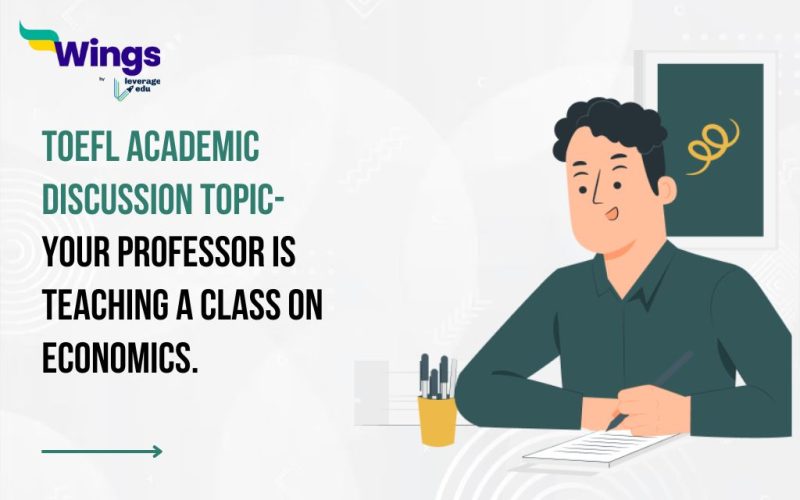Q- Your professor is teaching a class on economics. Write a post responding to the professor’s question.
In your response, you should do the following:
- Express and support your opinion.
- Make a contribution to the discussion in your own words.
An effective response will contain at least 100 words.
“Our current unit looks at tourism and the benefit it has on a country’s economy. Many argue that while tourism can indeed be a money-making endeavour, it can do more harm than good, especially tourism to small, remote places that are not heavily populated. What is your opinion? Should local or national governments promote tourism to remote regions not typically visited by tourists before? Why?”
Andrew: Tourism has always been a lucrative business. Improving the economies of these rural regions, especially if those regions are poor, can only have a positive effect. People can have a better quality of life by showcasing their food and traditions to the outside world. It’s a chance the people might not get without promotion from the government.
Claire: I don’t think governments should promote tourism to remote regions. The people are likely not asking for this kind of industry or for this kind of attention. Instead, governments should develop other means of improving a region’s economic situation, like expanding agriculture or other industries. These efforts will have a stronger, more permanent impact on the region than bringing in groups of tourists.
Ans: In my view, when tourism is managed responsibly, it can bring significant benefits to remote areas. It aids in stimulating the economy by creating jobs and generating income. Furthermore, it plays a pivotal role in preserving the heritage and traditions of a particular place, as they become integral attractions for tourists. However, it is crucial to acknowledge the negative impacts, such as environmental damage and disruption of local cultures.
To address these concerns, both local and national governments need to prioritise sustainable tourism practices. This involves controlling visitor numbers, investing in eco-friendly infrastructure, and involving local communities in decision-making processes. In conclusion, while challenges are associated with tourism, careful planning and management can transform it into a positive force for regions.
| Related Blogs | ||
| TOEFL iBT – Exam Dates, Fee, Eligibility, Preparation | TOEFL iBT vs. TOEFL PBT: Understanding the Differences | TOEFL Eligibility Criteria 2023: Check Qualification, Age |
| How to Prepare for NEW TOEFL Online: Study Guide 2023 | TOEFL Exam Pattern 2023: Check Revised Pattern & | Types of TOEFL Exam: IBT, ITP & CBT |
Download the Leverage App today.


Need help to prepare for TOEFL? Check out the best TOEFL preparation courses in the market offered in a live training environment by trusted educators. If you want to ease your study abroad journey, then call us at 1800-572000.


 One app for all your study abroad needs
One app for all your study abroad needs












 60,000+ students trusted us with their dreams. Take the first step today!
60,000+ students trusted us with their dreams. Take the first step today!